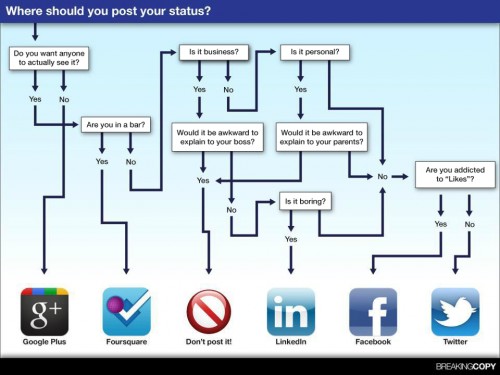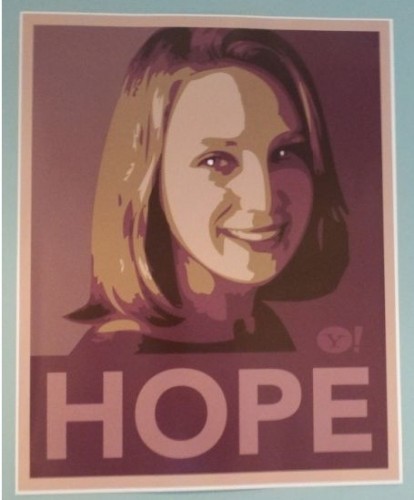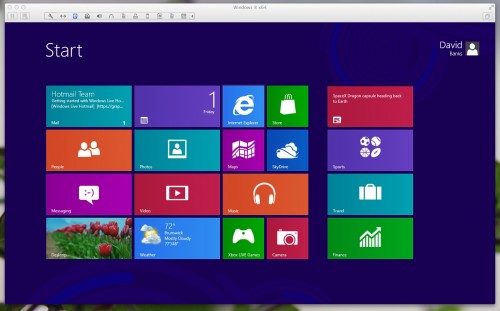
Recently mentions of a new “real-time social feed” called App.net have been creeping into my Twitter feed. Just as the quietly simmering Diaspora and the running joke that is G+ were geared to seize on collective Facebook malaise, it seems App.net is trying to seize on some degree of unrest among Twitter users before taking on Facebook as well. In this case, App.net promises that “users and developers [will] come first, not advertisers”; in an era of “if it’s free, you’re the product”—remember that the much love/hated Facebook “[is] free and always will be”—App.net proposes to offer a Twitter-like social feed (and eventually a “powerful ecosystem based on 3rd-party developer built ‘apps’”) on a paid membership basis instead.










